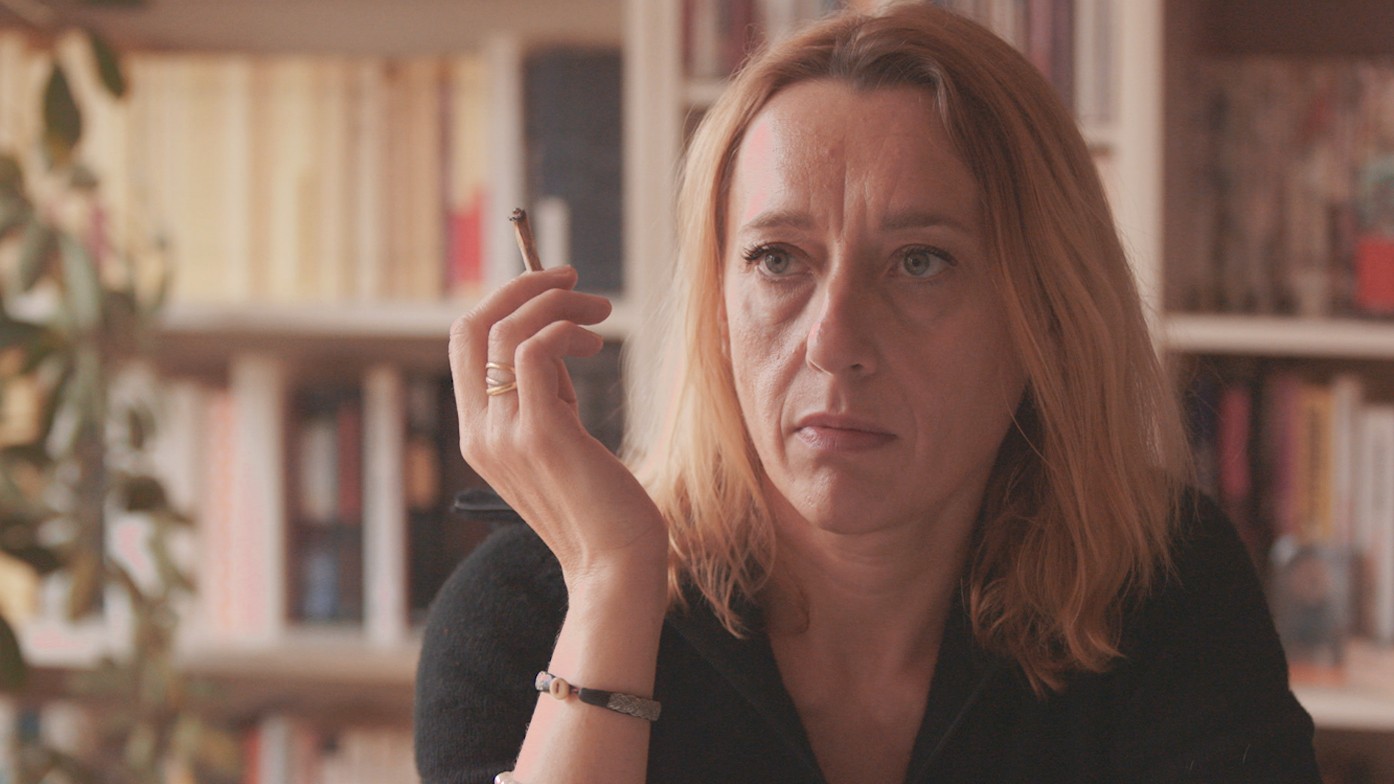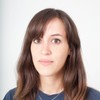Sheila Heti. Photo by Leah Walker, courtesy of PR
It seems clear by now that this is the year of motherhood. Not only are there finally spaces for women to talk about what childbirth, breastfeeding, and motherhood at all ages really are like, but there are also, naturally, literary and pop culture works adding to the conversation. Just to name a couple of very recent ones, Ali Wong’s Netflix comedy special Hard Knock Wife sheds hilarious light on the double standards around gender roles right after childbirth, and the Charlize Theron-starring Tully is a cold-sweat-inducing portrayal of the loneliness of one woman’s post-natal depression.Among the new books bringing up questions around what having kids is like, the silenced sides of it, and all the shame, guilt and expectations that seem to come with it are Mothers by Jacqueline Rose, Free Woman by Lara Feigel, and The Perfect Nanny by Leïla Slimani. But one of the most daring and necessary is the novel Motherhood by Sheila Heti, in which she articulates all the doubts she had, when she hit her late 30s, around whether to have children—from the metaphysical to the petty via the intellectual, as well as those around the role of the artist. Spoiler alert: She did not want to, and the novel is about her reckoning with what that meant:"The not-having seems just as amazing, unlikely and special as the having. Both feel like a kind of miracle. Both seem like a great feat. To go along with what nature demands and to resist it––both are really beautiful––impressive and difficult in their own ways."Motherhood has Heti’s signature intellect, wit, and observation. It’s also the only book of its kind that examines motherhood without a baby present. The unnamed narrator is a writer who lives in Toronto with her boyfriend (who has a daughter from a previous relationship, and considers parenthood “the biggest scam of all time,” but respects her choice to do it or not), and is surrounded by friends who all seem preoccupied with when they’ll have kids—if they don’t already—and advising the narrator about what she should do.
Watch: Virginie Despentes on Killing Rapists I met Heti while she was promoting the book in London, and she reflected on the initial reception of it in the US. “It’s talked about as though this character is trying to decide whether or not to have a child, but the more I think about it the more I [think] no, it’s actually a character who doesn’t want a child, who is trying to live that, and figure out whether she’s allowed to. Even by her own self.”Heti hopes that her book will “help individual women develop their own language for [this struggle],” because there doesn’t seem to be one. What do we even call the experience of not having kids, in a way that’s not a negative? In a recent LA Review of Books interview, Heti mentions something her friend, the artist Leanne Shapton (designer of the book cover and co-author of Women in Clothes with Heti and Heidi Julavits) said: “If men gave birth, the question of whether or not to have children would have been the central question of philosophy from the beginning of time… I am disgusted with how the dilemma has been flattened and presented as a frivolous and vain ‘lifestyle choice.’” When I ask Heti about it, she adds that it’s also that “humans haven’t had the ability to make this choice for very long, and not until our generation and maybe one before us did women even feel like they had a choice, socially, apart from in terms of biology.”
I met Heti while she was promoting the book in London, and she reflected on the initial reception of it in the US. “It’s talked about as though this character is trying to decide whether or not to have a child, but the more I think about it the more I [think] no, it’s actually a character who doesn’t want a child, who is trying to live that, and figure out whether she’s allowed to. Even by her own self.”Heti hopes that her book will “help individual women develop their own language for [this struggle],” because there doesn’t seem to be one. What do we even call the experience of not having kids, in a way that’s not a negative? In a recent LA Review of Books interview, Heti mentions something her friend, the artist Leanne Shapton (designer of the book cover and co-author of Women in Clothes with Heti and Heidi Julavits) said: “If men gave birth, the question of whether or not to have children would have been the central question of philosophy from the beginning of time… I am disgusted with how the dilemma has been flattened and presented as a frivolous and vain ‘lifestyle choice.’” When I ask Heti about it, she adds that it’s also that “humans haven’t had the ability to make this choice for very long, and not until our generation and maybe one before us did women even feel like they had a choice, socially, apart from in terms of biology.”
Advertisement
Advertisement
Watch: Virginie Despentes on Killing Rapists

Advertisement
It’s such a fraught decision—if it can even be called that—and one that often forces our most contradictory desires to confront themselves. “But some women are happy! But some women are not. How do I know which I will be? You cannot know until it’s too late,” Heti writes. Sometimes, the rationale is to have kids to avoid our future selves regretting it—but is that a good enough reason to do something that we don’t want to do in the present (and, for many of us in our 30s, something that our friends keep telling us is unspeakably exhausting and self-annihilating)?The narrator ponders: "It suddenly seemed like a huge conspiracy to keep women in their 30s— when you finally have some brains and some skills and experience—from doing anything useful with them at all. It is hard to when such a large portion of your mind, at any given time, is preoccupied with the possibility.”
One of my favorite things about Heti’s work is how she articulates this anxiety of wanting to live every life—which she says has subsided. “It becomes more of a pleasure, to have only one life. It used to feel like a shame, and I feel like now, as I get older [she is 41], I actually find it a great relief and a kind of delight. It’s just so much sweeter. I think when I was younger I felt the obligation to have every life, because I thought I couldn’t know the world if I didn’t. And now I think the way you know the world is through your own specific life. It’s nice to be limited, because then you can lavish care on the things that are yours.”Like her previous cult novel How Should a Person Be? (which was included by the New York Times as part of a "new vanguard" by women authors), Motherhood is meta-fictional, provocative and experimental. It is an intense read, with the structure at times following her menstrual cycle—she goes into what PMS does to the body and the psyche—and esoteric elements like Tarot readings, consultations with a psychic, and a divination method inspired by the ancient Chinese book I Ching.Heti says the reason she liked including these in the book is “because it helps the narrator think through her problems […]; it’s almost like she needs God, and the only access she has as an atheist is through the sort of demeaned form of fortune tellers and Tarot cards.”I ask her why she thinks in 2018, women are turning to such fundamental questions (to procreate or not to procreate) or whether it’s a coincidence: “I tend to see that in art or literature, a lot of people have the same idea at the same time, and who knows why that is, but that’s just a fact—we’re all connected.”"It becomes more of a pleasure, to have only one life… It’s just so much sweeter."
